“Fine-tuning” is things set just right to get a special result. Imagine walking into a control room for the universe, a room with a hundred dials that each set a constant of physics – a dial to set the speed of light, a dial to set the ratio of the masses of the proton and election, a dial to set the strength of the electric charge, and so on. You see that every one of these dials is precisely set for life to exist. If you change any of the dials, in many cases by an unbelievably small fraction, life could not exist. In this sense, scientists have found the constants of physics to be “fine-tuned.” (Scientists have also found that the laws of physics themselves are designed for a universe that permits life.)
Fine-tuning in physics is a huge problem for atheists. To get around it, they invent a theory that there are lots of other universes, and then invent a theory that the physics of those universes can be different, and then say we just got lucky. It’s all pure fantasy with no scientific basis. For more on this see Chapter 8 of my first book, Counting To God.
Today I want to focus on a different kind of fine-tuning, fine-tuning in biology. I want to highlight a September 2020 paper in the Journal of Theoretical Biology. (Yes, I’ve been lax in my posting, but this is an important article I’ve been meaning to tell you about for some time.) The Journal of Theoretical Biology is a prestigious, peer-reviewed journal. The article is here if you wish to read it. Spoiler alert – lengthy and technical.
The article asks “Is it possible to recognize fine-tuning in molecular biology?” The authors begin with a summary of fine-tuning in physics. They state: “The chances that our universe should be life permitting are so infinitesimal as to be incomprehensible and incalculable.” They continue:
Like a Bach fugue, the Universe has a beautiful elegance about it, governed by laws whose mathematical precision is meted out to the metronome of time. These equations of physics are finely balanced, with the constants of nature that underpin the equations tuned to values that allow our remarkable Universe to exist in a form where we, humanity, can study it. A slight change to these constants, and poof, in a puff of gedanken experimentation, we have a cosmos where atoms cease to be, or where planets are unable to form.
The paper then turns to evidence of fine-tuning in biological systems. The authors note that functional proteins (i.e., a string of amino acids that fold into a useful part of life) are fantastically rare – the odds that a sequence of 150 or so amino acids will fold into a useful protein are between 1 in 1050 and 1 in 1074. (For more on this see pages 106 and 107 of Counting To God.) They then turn to the odds of accidentally putting these proteins together to create the structures that make life possible. As I have noted, the complexity of life is literally beyond our imagination. No one knows how the human brain really works.
The authors conclude:
A major conclusion of our work is that fine-tuning is a clear feature of biological systems. Indeed, fine-tuning is even more extreme in biological systems than in inorganic systems.
That is staggering – “even more extreme.” Biological systems are more unlikely to have arisen by blind chance than our universe being fit for life by blind chance (again, even assuming you accept the unscientific belief that there are other universes and that the physics in those other universes can be different).
This is a major paper in a prestigious journal. The conclusion is clear: life was designed. God is real. Despite all the nonsense one reads, and hears, about science being contrary to God, the truth is exactly the opposite – science points unmistakably to design in both the laws and constants of physics and in life itself.
Please share this good news this holiday season. There is cause for great joy.
Thanks for reading. May the Lord bless you and hold you in the palm of his hand.
Douglas Ell




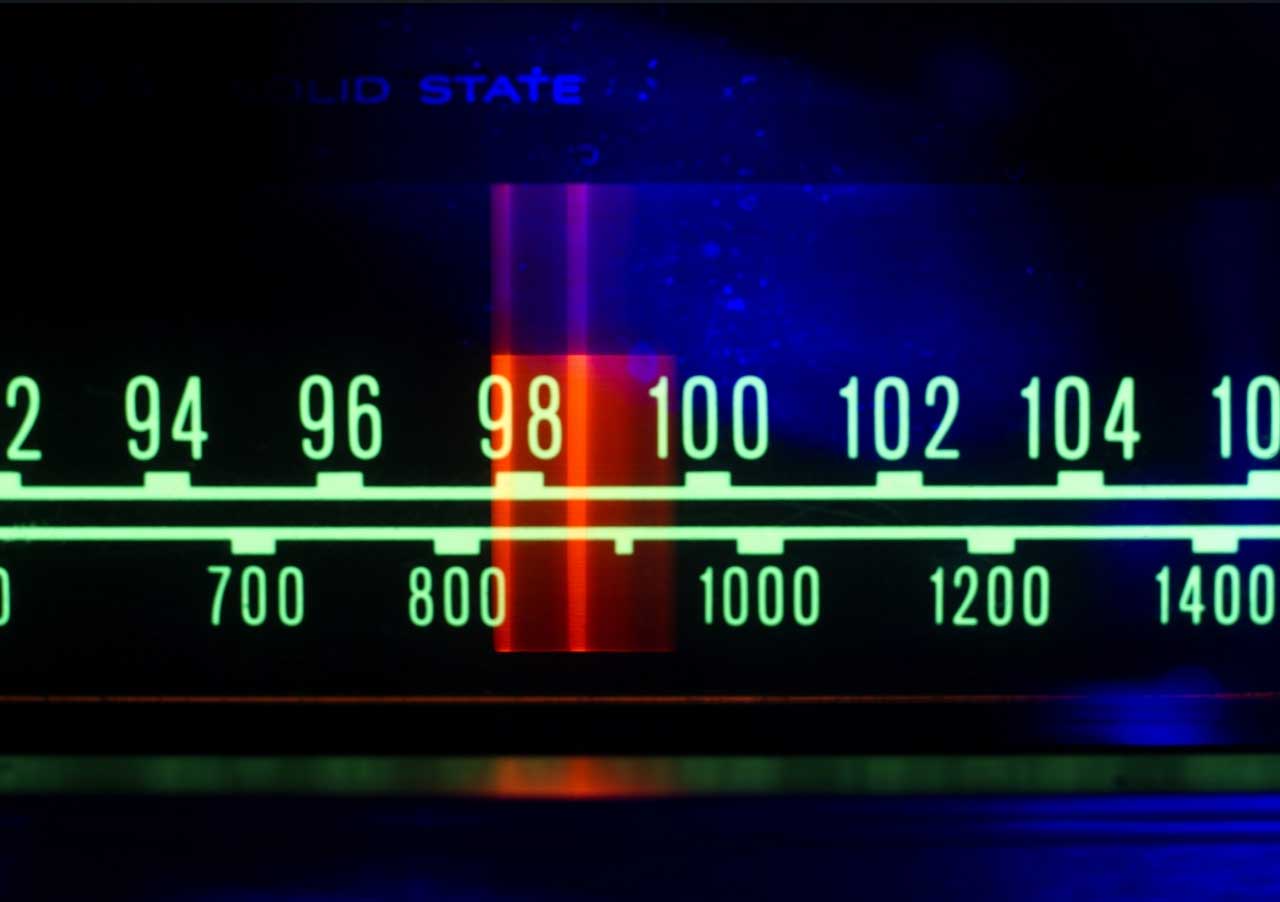

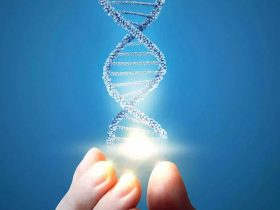


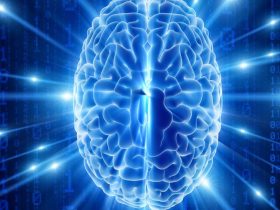




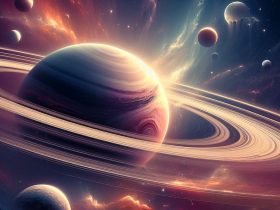


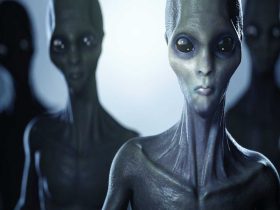
Leave a Reply